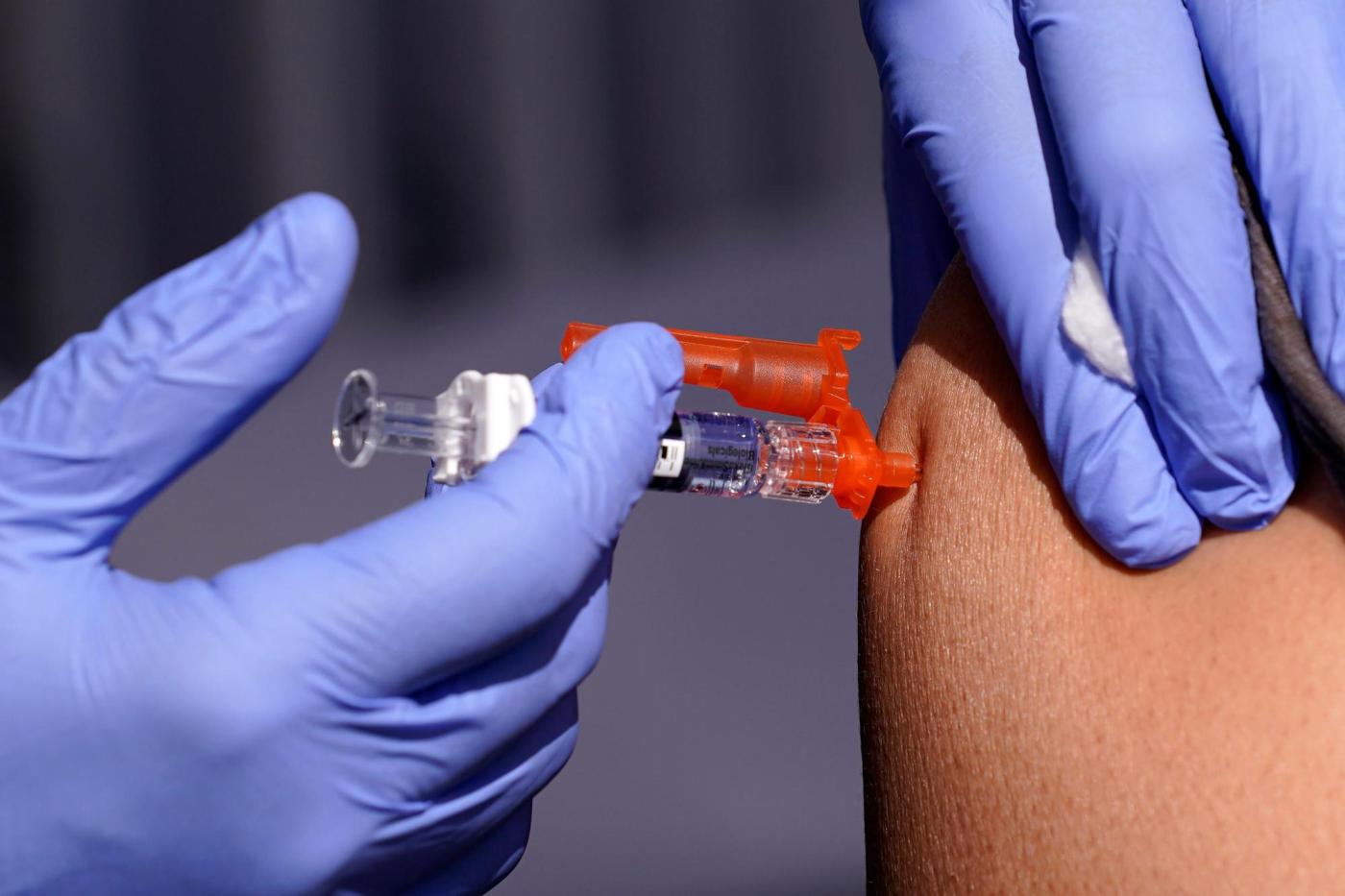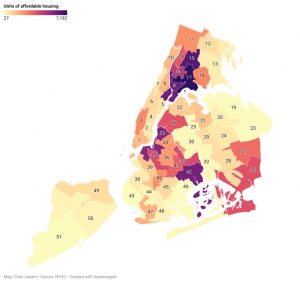
Moderna receives $176M to accelerate development of pandemic bird flu vaccine as concerns grow
Moderna will receive $176 million to develop a pandemic flu vaccine for humans following a concerning outbreak of bird flu in dairy cows across the country, federal officials announced Tuesday.
“We have successfully taken lessons learned during the COVID-19 pandemic and used them to better prepare for future public health crises,” said Health and Human Services Secretary Xavier Becerra said in an announcement Tuesday. “As part of that, we continue to develop new vaccines and other tools to help address influenza and bolster our pandemic response capabilities.”
The federal money will go to the late-stage development of an mRNA-based vaccine for influenza using similar technology as the COVID-19 vaccine and to accelerate responses to similar future public health threats, Moderna said Tuesday. The company already has development of the vaccine in the works, and development could move to a late-stage trial next year if early results are positive.
The bird flu, a H5N1 variant of influenza, is a highly infectious form of the viral infection. A multistate outbreak of the virus was first reported in late March, the CDC stated, the first time bird flu viruses have been found in cows.
According to the latest CDC data, 12 states have now had outbreaks of bird flu in 136 total herds of cattle. There have been three reported cases of bird flu spreading to humans since the outbreak.
The CDC has maintained the position that the “current risk to the general public from bird flu viruses is low,” though the geographic spread of the dairy cow infection could create “additional opportunities for people to be exposed to these viruses.” Mammal to mammal spread of the virus is thought to be rare.
Mammals can contract the illness if they “eat infected birds, poultry, or other animals and/or if they are exposed to environments contaminated with virus,” the CDC states.
The federal vaccine funding is coming through HHS’s Biomedical Advanced Research and Development Authority, or BARDA, a program focused on developing countermeasures for public health threats. The HHS release stated the funding will also help support “a fair pricing agreement which will continue ensuring enduring equitable access to vaccines.”
The mRNA technology used to develop the COVID-19 vaccine offers “advantages in efficacy, speed of development, and production scalability and reliability,” Moderna Chief Executive Officer Stéphane Bancel said Tuesday.
The company began collecting safety and other data on the vaccine in healthy adults 18 years of age and older in 2023, the company said. Results are expected in 2024 and will “inform Phase 3 development plans,” Moderna added.
Related Articles
The Supreme Court just limited federal power. Health care is feeling the shockwaves
Error in new lung transplant algorithm harmed sick and dying patients
Battleground Wisconsin: Voters feel nickel-and-dimed by health care costs
Steward deal with Optum off, regulators say
Medicaid for millions in America hinges on Deloitte-run systems plagued by errors
Federal officials stressed the development of the vaccine technology allows for a more rapid response to potential new threats.
“Adding this technology to our pandemic flu toolkit enhances our ability to be nimble and quick against the circulating strains and their potential variants,” said Assistant Secretary for Preparedness and Response Dawn O’Connell.


